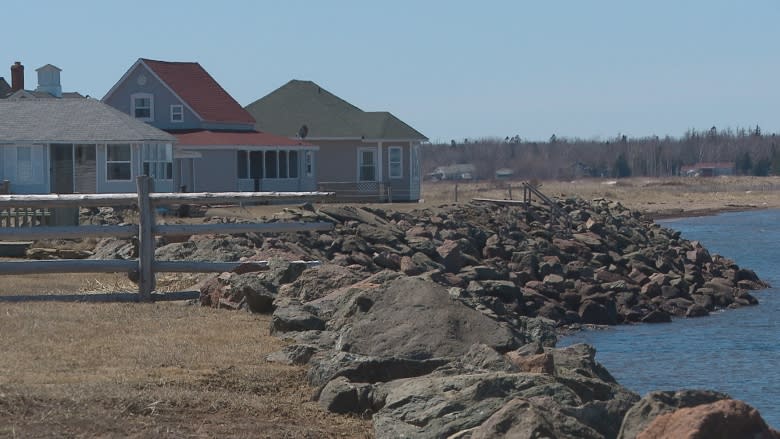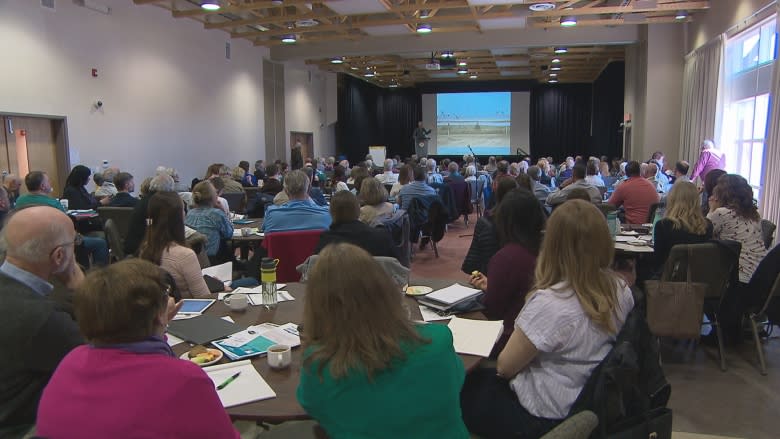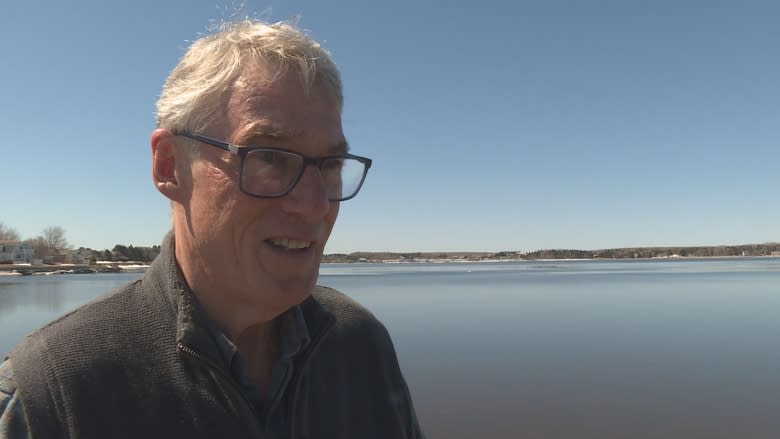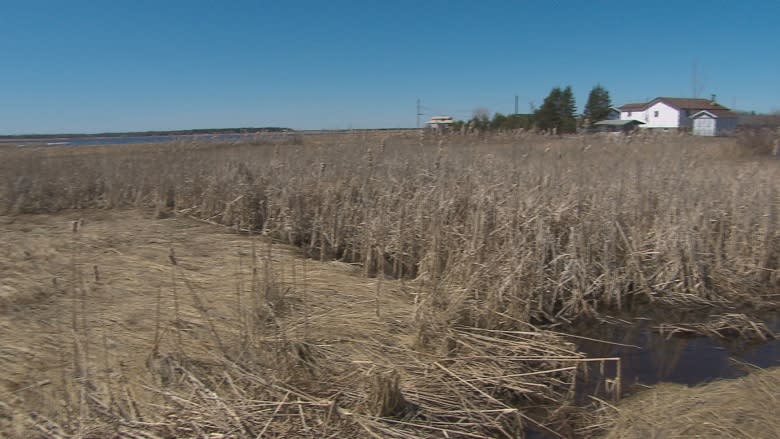Coastal protection top of mind at Northumberland Strait meeting
Concerned local residents, business owners and elected officials from communities along the eastern coast of New Brunswick came together Monday to discuss issues related to development and coastal protection.
Nearly 200 people attended the first day of a conference entitled Coast Protection and Restoration in the Northumberland Strait, a two-day event in Shediac, N.B.
It's being hosted by the community group SWWAT (Save our Wetlands, Waters and Tourism) and the New Brunswick Environmental Network to raise awareness about the role of wetlands along the body of water that divides Prince Edward Island from New Brunswick and Nova Scotia.
The area from Richibucto N.B. south to Murray Beach includes at least three controversial campground projects that would be built, in part, on area that's considered coastal wetland.
A government report on poor water quality at Parlee Beach, released Friday, identified surface runoff as one of four potential factors.
An area that 'creates conflict'
Wetlands act as a sponge, absorbing polluted surface water before it ends up in the ocean, University of Moncton environmental professor Michael Chadwick told CBC.
Chadwick, who spoke at the conference, said it's important to discuss wetland protection to open a dialogue.
"The coastal zone is an issue that creates conflict," he said. "Some people want to develop on the coastline, others think it's not a good idea."
The issue of coastline development in New Brunswick is one that has often pitted local residents and cottage owners against developers.
Representatives from government, tourism, and business met with environmentalists at the conference, which Chadwick said is a good start.
"I found that the atmosphere was very positive," said Chadwick. "We'll see what happens. I think it's the beginning of the process. If we can come away with people committed to working together and learning more about the issue, that would be a success."
He said the choice is not between the economy and the environment, but in finding a way for both to co-exist.
"This question of how do we value habitats has to be part of the equation," he said. "We haven't really done that in the past."
Climate change discussed
Robert Capozi, climate-change specialist with the provincial environment department, told the conference that New Brunswickers living along the coast can expect sea levels to rise by one metre or more over the next 80 years.
He expects that by 2100, many who live close to the coast in eastern New Brunswick would have to relocate inland or raise their houses.
Capozi said the rules have already changed for new construction near the coast to guard against the effects of climate change.






